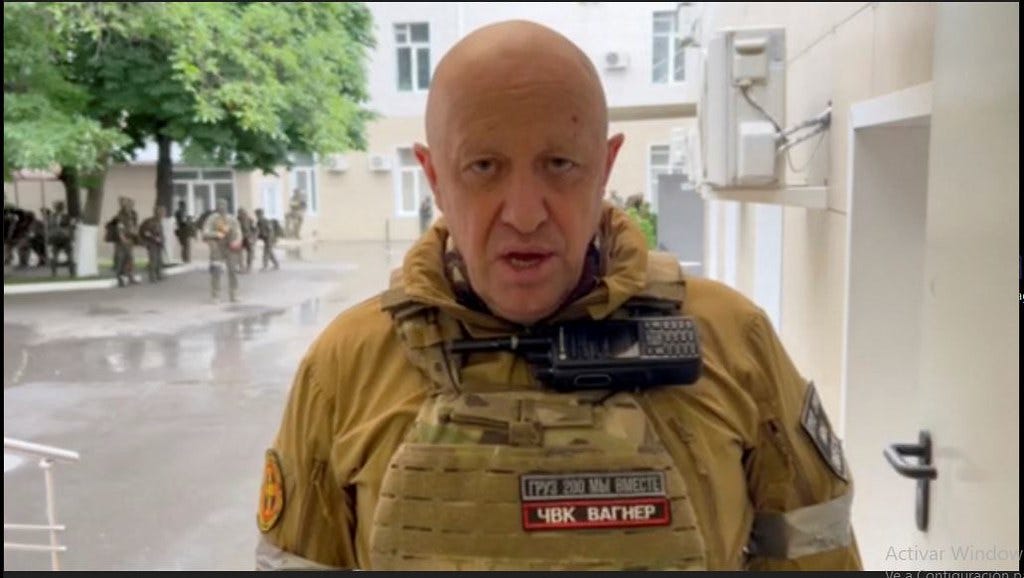
By now, the crackdown of Western-leaning critics of Russian leader Vladimir Putin is a familiar story. In 2020, Alexei Navalny was poisoned and …
Keep reading with a 7-day free trial
Subscribe to Public Sphere to keep reading this post and get 7 days of free access to the full post archives.



